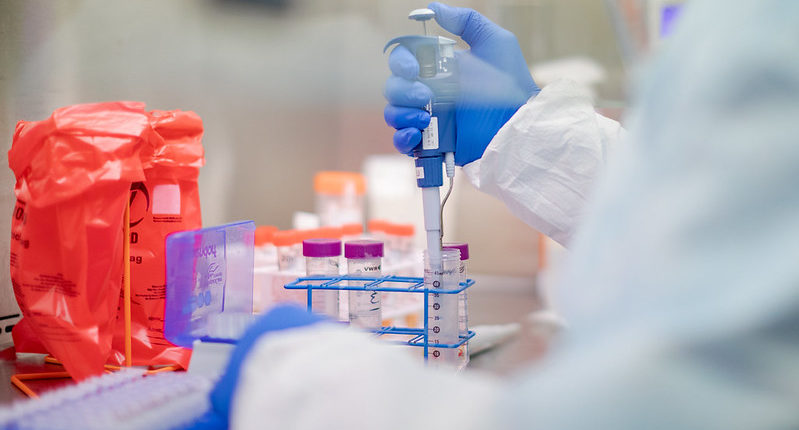Moderna’s COVID-19 vaccine trials, one of the most accelerated and anticipated among all such trials globally, are moving further now. The company has told Bloomberg that it will be starting the final stage of its COVID-19 vaccine testing by July.
The company’s vaccine is an mRNA one, which differs from the conventional vaccines we have developed for other ailments so far. The vaccines that we have come to rely on usually introducing a virus that mimics the virus we are vaccinating against, but in a controlled environment. However, mRNA viruses rely on educating and for the lack of a better word, instructing the healthy cells of the body to produce “antibodies” that fight off the virus.
Viruses have no cellular functions of their own, and hence rely upon a host cell for survival. This means that if you are infected by a virus, some cells in your body have been taken over by a virus that is now using the facilities of your cell to replicate. However, in the meantime, it is also affecting the normal functioning of the cell. Antibodies however, which are produced by healthy cells, can fight off the virus, so the affected cells can revert back to their previous state.
mRNA vaccines are relatively new, and thus haven’t been used for mass vaccinations. At most, they are used in veterinary medicines, but that’s about it. If this vaccine makes it to the market, it will be the first mRNA vaccine for humans, but desperate times call for desperate measures.
The final phase of the study will check if the vaccine actually does what is advertises, that is either stop the virus completely or curb severe cases at least.
Moderna’s vaccine has shown significant promise in early trials. As recent as May, Moderna’s vaccine candidate, which was the first to be tested on humans in the U.S has appeared to be safe and has been able to stimulate an immune response to the virus. The data comes from eight healthy volunteers who participated in a 45-subject safety trial which began in early March. Overall, the study concluded that the vaccine was safe and all parties produced antibodies.
Many other institutes and companies are working on their own vaccines, and are making crucial headway. Johnson & Johnson said early this week that it would start trials of its vaccine later in July, while AstraZeneca and its research and development partner the University of Oxford will be entering its own final-stage clinical trials as of this month. Vaccines are considered to be the only way that could halt the spread of COVID-19 globally. The global infection count has gone way past 7 million now.
The Tech Portal is published by Blue Box Media Private Limited. Our investors have no influence over our reporting. Read our full Ownership and Funding Disclosure →






